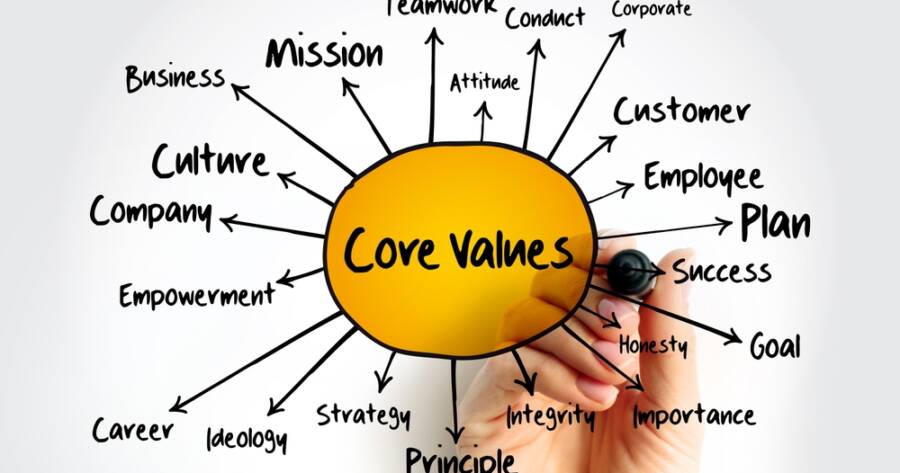Every day, you make decisions that shape your life. Some choices seem small, while others have lasting effects. Without a clear personal philosophy, you may struggle to make decisions that align with your values and long-term goals. Developing a guiding philosophy helps you navigate challenges, stay true to your beliefs, and create a life that reflects what truly matters to you.
Understanding the Importance of a Personal Philosophy
A personal philosophy is a set of beliefs and principles that shape how you view the world and make choices. It acts as a foundation for your decisions, influencing everything from your career path to how you handle relationships.
Without a guiding philosophy, it’s easy to feel lost or unsure when faced with difficult situations. However, when you have a clear understanding of what you stand for, you can approach challenges with confidence. A strong personal philosophy keeps you grounded, even when life becomes unpredictable.
Identifying Your Core Values
Before you can develop a personal philosophy, you need to understand your core values. These are the principles that matter most to you and serve as a compass for your decisions.
Take time to reflect on past experiences and choices. What moments made you feel the most fulfilled? When have you felt regret, and why? Analyzing these experiences can help you identify patterns and recognize what truly matters to you.
If you’re unsure where to start, consider common values such as integrity, compassion, independence, or personal growth. Once you’ve identified your top values, you can use them to shape your personal philosophy.
Defining Your Guiding Principles
After identifying your values, the next step is to create guiding principles that reflect those beliefs. These principles should serve as rules for how you approach life and make decisions.
For example, if you value honesty, one of your guiding principles might be, “I will always strive to be truthful, even when it’s difficult.” If personal growth is important to you, a guiding principle could be, “I will embrace challenges as opportunities to learn and improve.”
Writing down your guiding principles can make them feel more concrete. Keep them somewhere visible, such as in a journal or on your phone, to remind yourself of them when making important decisions.
Applying Your Personal Philosophy to Decision-Making
Once you’ve established your guiding philosophy, the next step is putting it into practice. Every time you face a decision, big or small, take a moment to reflect on whether your choice aligns with your values and principles.
For example, if you’re considering a job offer, ask yourself: Does this opportunity align with my values? Will it help me grow in the direction I want? If a decision conflicts with your guiding philosophy, it may be a sign that it’s not the right choice for you.
Practicing self-awareness is essential when applying your philosophy. Pay attention to situations where you feel pressured to compromise your values. The more you stick to your principles, the easier it becomes to make confident, meaningful decisions.
Adjusting and Evolving Your Personal Philosophy
A personal philosophy is not set in stone. As you grow and experience new challenges, your values and beliefs may evolve. It’s important to review and adjust your philosophy regularly to ensure it still aligns with who you are.
Set aside time to reflect on your guiding principles every few months. Ask yourself if they still resonate with you or if any adjustments are needed. Growth is a natural part of life, and adapting your philosophy allows you to stay true to your evolving self.
Living with Clarity and Confidence
Developing a personal philosophy helps you live with greater clarity and purpose. It serves as a foundation for decision-making, ensuring that your choices align with your deepest values. By identifying your core beliefs, defining guiding principles, and applying them to everyday life, you create a roadmap for personal growth and fulfillment.
When you have a clear philosophy, you approach life with confidence. You no longer second-guess your decisions or feel lost in uncertainty. Instead, you move forward knowing that every choice you make reflects the person you truly want to be.

